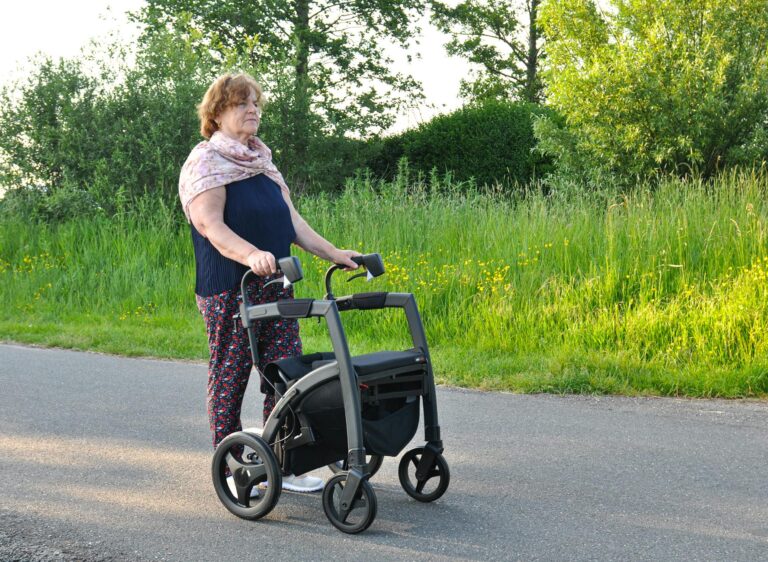Radio-controlled vehicles, or RC vehicles, have been a favorite pastime for many people for decades. These miniature cars, trucks, boats, and planes can be controlled from a distance using a remote control. They not only provide endless hours of fun and entertainment, but they also have the potential to improve reflexes and cognitive skills.
Reflexes are our body’s automatic response to stimuli. They help us react quickly to potential dangers or unexpected situations. On the other hand, cognitive skills are our brain’s ability to process information and carry out tasks effectively. Both of these are crucial in our daily lives and can greatly impact our overall well-being.
The operation of RC vehicles requires a high level of hand-eye coordination, spatial awareness, and quick decision-making. When controlling an RC car, for example, the player has to constantly adjust the direction and speed of the vehicle to navigate through obstacles and turns. This requires the brain to process multiple visual cues and respond accordingly, thereby improving hand-eye coordination and spatial awareness.
Moreover, playing with RC vehicles also requires players to use their reflexes to anticipate and respond to sudden changes in the environment. For instance, if an obstacle suddenly appears in the path of the RC vehicle, the player has to quickly react by changing the direction or speed of the vehicle to avoid a collision. This constant exercise of reflexes helps improve their speed and accuracy, which can have a significant impact on their daily lives.
Studies have shown that regular participation in activities that require hand-eye coordination and quick decision-making can improve overall cognitive skills. The operation of RC vehicles can be considered as a form of cognitive training that challenges the brain to process and respond to information rapidly. This can result in improved memory, attention, and problem-solving abilities.
In addition to improving reflexes and cognitive skills, RC vehicle operation can also have a positive impact on motor skills. The fine movements required to control these vehicles can help improve hand dexterity, muscle control, and coordination. This can be especially beneficial for children, as it can aid in their physical development.
Furthermore, playing with RC vehicles can also have psychological benefits. It can provide a sense of accomplishment and boost self-confidence when players successfully navigate through challenging courses or perform tricks with their vehicles. It can also serve as a stress-relieving activity, allowing individuals to disconnect from the daily stresses of life and focus on something enjoyable.
However, it’s essential to note that like any other activity, the impact of RC vehicle operation on reflexes and cognitive skills may vary from person to person. Some individuals may see more significant improvements than others depending on their level of engagement and practice.
In conclusion, the operation of RC vehicles has the potential to improve reflexes, cognitive skills, motor skills, and provide psychological benefits. It offers a fun, engaging, and challenging way to exercise the brain and body. So next time you see someone playing with an RC car, don’t just see it as a toy, but as a tool for personal development.





